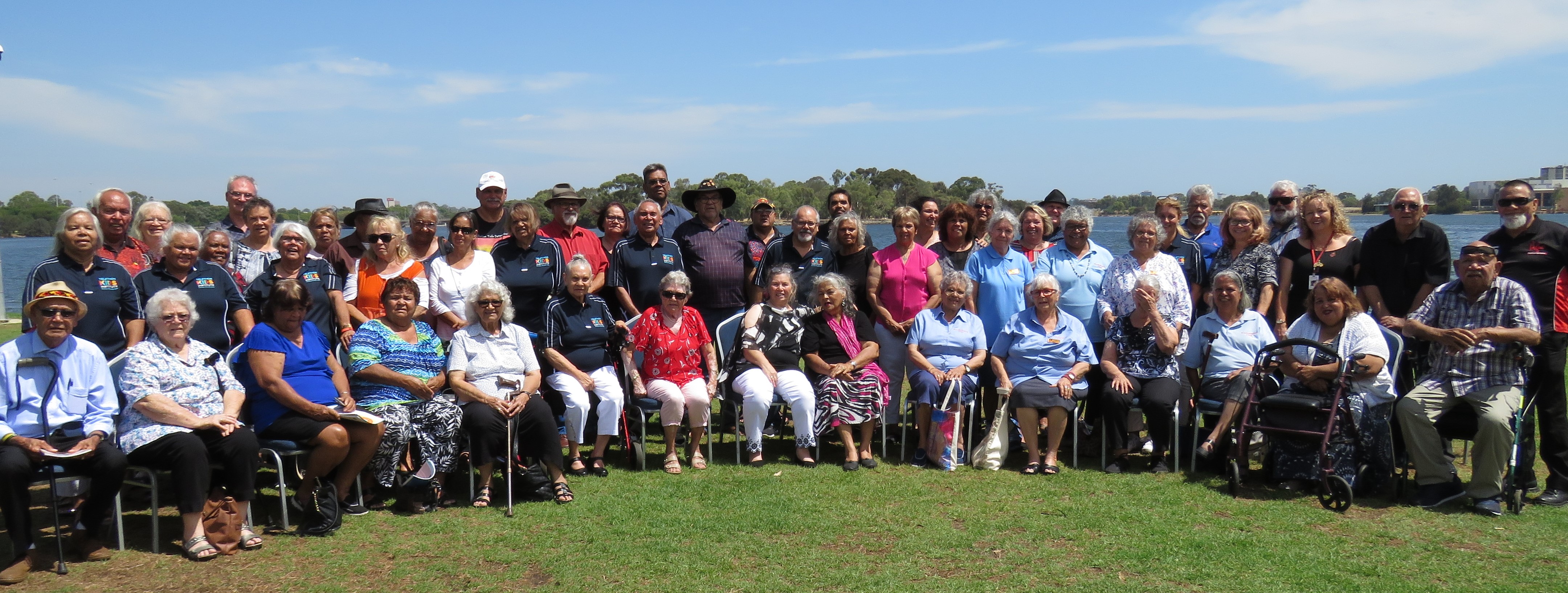Search
Showing results for "Au"
Research
Probabilistic linkage of national immunisation and state-based health records for a cohort of 1.9 million births to evaluate Australia’s childhood immunisation programTo describe the process for assembling a linked study that will enable the conduct of population-based studies related to immunisation and immunisation policy.

Community engagement for the Ngulluk Koolunga Ngulluk Koort (Our Children, Our Heart) Project.

How can your organisation help improve the lives of children?
Research
Rett syndrome in Australia: a review of the epidemiologyTo examine the prevalence, cumulative incidence, and survival in an Australian cohort with Rett syndrome (RTT).
Research
Onset of maternal psychiatric disorders after the birth of a child with autism spectrum disorder: A retrospective cohort studyMothers of a child with autism spectrum disorder have more psychiatric disorders after the birth of their child.
Research
Prenatal alcohol exposure and educational achievement in children aged 8-9 yearsThis study examines the relationships between the dose, pattern, and timing of prenatal alcohol exposure and achievement in reading, writing, spelling,...
Research
Characterization of regulatory dendritic cells differentiated from the bone marrow of UV-irradiated miceIn summary, UV-BMDCs do not express the classical phenotypic or gene expression properties of DCs reported by others as 'regulatory' or 'tolerogenic'.
Research
Gastrointestinal dysmotility in rett syndromeThrough evidence review and the consensus of an expert panel, we developed recommendations for the clinical management of gastroesophageal reflux disease,...
Research
Connective tissue growth factor is expressed in bone marrow stromal cells and promotes interleukin-7-dependent B lymphopoiesisHematopoiesis occurs in a complex bone marrow microenvironment in which bone marrow stromal cells provide critical support to the process through direct cell...
Research
The association between prenatal environment and children’s mental health trajectories from 2 to 14 yearsThis study aimed to elucidate how an adverse prenatal environment, as defined by the presence of a number of known prenatal risk factors, would influence...
